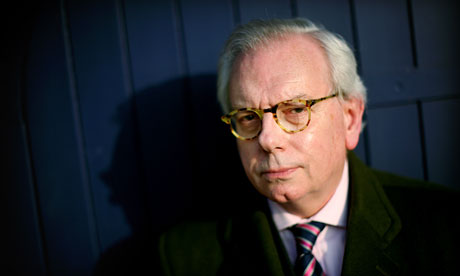
I was born at the Helm Chase nursing home in Kendal and I still have the receipt. It was before the National Health Service so you had to pay. It was £3 and something, which was three times what my father earned in a week as a foreman in a washing machine factory.
My father, Bob, was a sweet, gentle man who was prone to frustration. I hardly knew him as a child, but that was typical of those days. He got up early, came home late and wanted to be left alone.
My mother, Elsie, was dominant and everything was managed by her. She was immensely bright, with a will that made Margaret Thatcher look like a wimp. Education was not an option so she went to work in the weaving shed, but, like all the girls then, stopped when she got married.
My parents moved to Kendal from Oldham in the 1930s, so my father could find work. My mother wished they had never left and my father wished never to return.
I was an only child born after 10 years of marriage. I was desperately wanted but also quite badly disabled, born with two club feet and polio. There was a huge pall over my childhood as for the first five years I was in and out of hospital having operations. I was dumped on a male surgical ward and told to shut up. It was character building.
Kendal did me a lot of good because like any other ambitious boy or girl all I wanted to do was get out. I'd look at the college boards in the grammar school hall and think, my name will be there one day.
I was a complete and typical only child. I was bookish, and sport was out of the question anyway. I had read all of Dickens and most of the volumes of Arthur Mee's Children's Encyclopedia by the time I was 11. The only time I was popular at school was the day I won the debating competition for my house. I wasn't bullied. For my age, I was far too big and strong. I could be quite aggressive if I chose, though I quickly discovered that your best weapon is your tongue.
My relationship with my mother was unhealthily close. She was very supportive but wanted to fulfil her ambitions though me and was very reluctant to let go. She also hated my homosexuality.
In the 70s when I got a scholarship to Cambridge all the tensions became intolerable and I decided not to have anything to do with my family. A phrase common in aspirant working-class families like mine around the time was "educate the child and then you lose them", and it did happen.
Family really meant almost nothing to me for many years but then, to my enormous surprise, when I met my partner James I found myself re-engaging and re-connecting. My mother died in 1977 but I got to know my father as an adult, and he got on well with James. A rapprochement with my whole family followed.
Things have come full cycle. I think that is quite common. You go off and discover yourself, but sooner or later you get to the stage where family makes sense again.
• David Starkey is the guest curator of Royal River: Power Pageantry & the Thames at the National Maritime Museum, Greenwich. The exhibition runs until 9 September, rmg.co.uk

